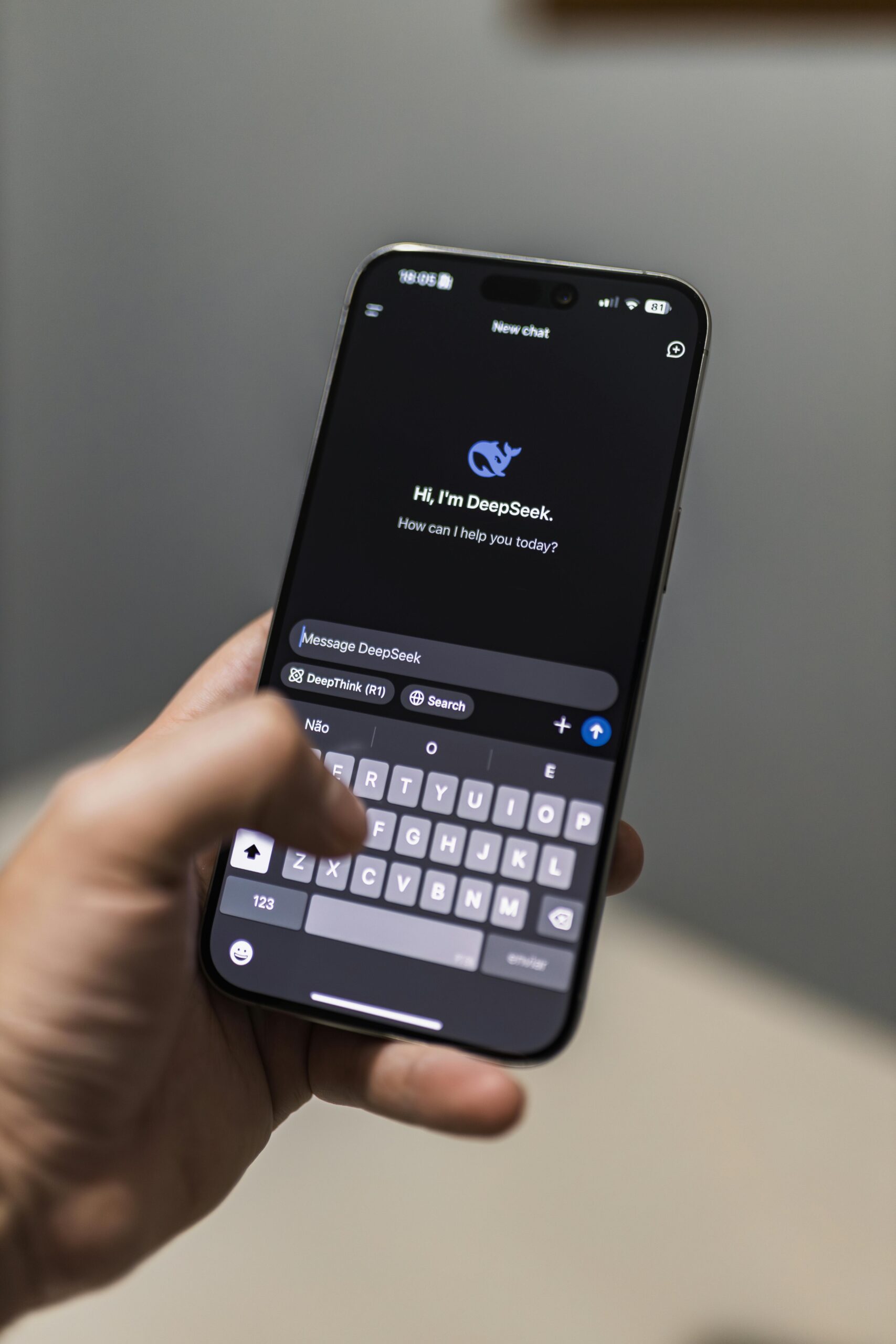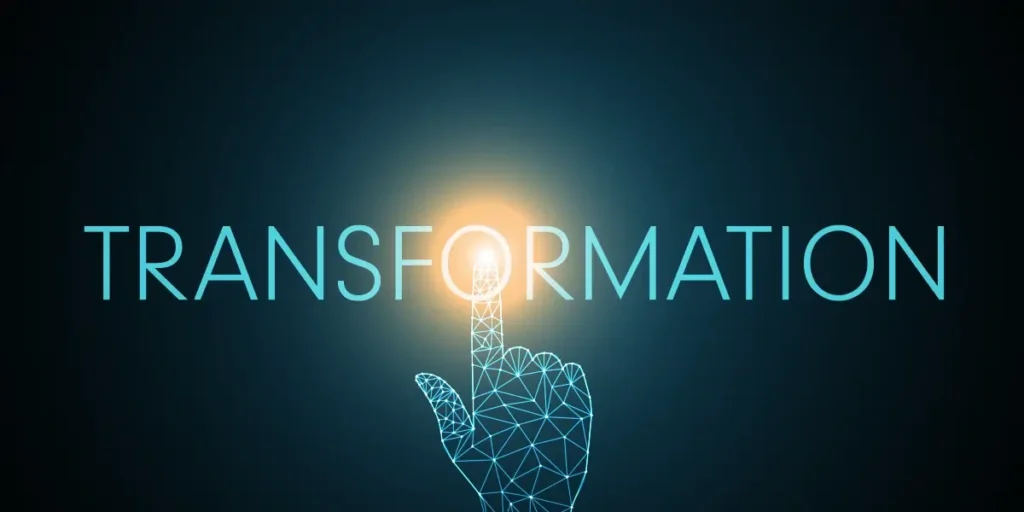Saying “Thanks” and “Please” to ChatGPT Is Reportedly Costing OpenAI Millions
Politeness is free—until you scale it to hundreds of millions of AI chats a day. In April 2025, OpenAI CEO Sam Altman acknowledged that all those extra “please,” “thanks,” “good bot,” and “have a great day!” lines people append to their ChatGPT prompts add up to real compute time—and real money—amounting to “tens of millions of dollars.” The claim ricocheted across tech media and social platforms, sparking an oddly delightful debate at the intersection of manners, tokens, and megawatts. VICEQuartzTom’s Hardware
This article unpacks what Altman’s comment does (and doesn’t) mean, how politeness translates to costs in large language models (LLMs), the environmental angle, and what platform designers and users can do about it—without turning us into curt command-barking robots.
The Viral Claim, in Context
The spark was simple: users asked how much power and money are “wasted” when people type pleasantries to a model that doesn’t have feelings. Altman replied that it’s not trivial—extra words mean extra tokens to process and generate, and at OpenAI’s scale, even tiny per-interaction increments snowball into “tens of millions” in compute and electricity. Multiple outlets picked up the remark and broadened the story into a conversation about AI etiquette, energy usage, and the culture of “being nice to machines.” VICEQuartzctech
It’s worth noting what was not claimed: that polite language is breaking models or solely responsible for high costs. It’s one contributor among many in a system where cost scales roughly with tokens processed and generated.
Why Do “Please” and “Thanks” Cost Anything?
LLMs process text as tokens (chunks of characters). Every token you send and every token the model returns is work: it touches memory, runs through matrix multiplications on GPUs/TPUs, and consumes electricity and water (for data center cooling). Two forces drive costs here:
-
Input length: “Please,” “thank you,” and longer conversational wind-ups increase the prompt length, which the model must embed and attend over.
-
Output length: Politeness can influence tone and verbosity. If the model mirrors niceties—“You’re very welcome!”—that adds tokens on the way out.
At a personal scale, the cost is negligible. At internet scale, with billions of interactions, a 5–20 token overhead per turn compounds into serious compute. This is why Altman’s “tens of millions” is plausible in aggregate, especially given that state-of-the-art models are compute-hungry and energy-intensive. Quartz
The Energy and Environment Angle
The story leapt beyond economics into sustainability. Data center electricity and water usage for AI has grown noticeably; the cumulative effect of “non-essential” tokens adds to that footprint. Coverage tying politeness to energy highlighted broader concerns: companies have reported significant emissions increases since launching AI features; one commonly cited stat is that a single complex AI query can cost the energy equivalent of running a lightbulb for minutes. While exact figures vary with workload and hardware, the direction of travel is clear: more tokens → more compute → more power and cooling. People.com
That doesn’t make politeness “bad,” but it contextualizes the viral joke: manners scale.
Is Politeness Ever Useful for Better Answers?
Surprisingly often, yes. Instructing models in a courteous, collaborative tone can correlate with more helpful, less adversarial responses. Some prompt guides encourage respectful phrasing to nudge cooperative behavior (“please reason step by step,” “thank you”). Even if the model isn’t sentient, user tone affects the style of the model’s reply—and style affects perceived quality and safety. Several commentators argued that if small etiquette boosts trust and usability, the cost might well be “money well spent,” echoing Altman’s own framing. Tom’s HardwarePeople.com
A Back-of-the-Envelope Look (Illustrative)
Imagine:
-
200 million interactions/day (a hypothetical round number for illustration).
-
Average “politeness overhead” of 10 tokens per turn (e.g., “please,” “thanks,” and a mirrored “you’re welcome”).
-
If each token costs a tiny fraction of a cent to process, the daily extra spend can run into six figures—easily translating to eight figures annually once you account for electricity, depreciation on GPUs, networking, and cooling.
These are not OpenAI’s actual numbers, but they clarify how tiny per-chat increments aggregate into “tens of millions” at planetary scale.
So, Should You Stop Saying “Please” and “Thanks”?
Not necessarily. Consider three perspectives:
-
Human habits matter. Many people instinctively preserve manners even with software. It can be part of digital well-being and a reminder that we value civility—even in one-sided conversations. Some coverage framed politeness as a virtue worth paying for. The Economic Times
-
Utility vs. footprint. If pleasantries don’t add clarity or usefulness, trimming them can reduce waste in high-volume or automated contexts (e.g., agent loops, batch jobs, scripts).
-
Design responsibility. Platforms—not users alone—should mitigate incidental waste. Good defaults, smarter compression, and UI affordances can preserve warmth without needless tokens.
Design Patterns to Keep the Vibes, Cut the Waste
Here are pragmatic ways model and product designers can have it both ways:
-
Semantic De-fluffing on Ingress
-
Detect and collapse common pleasantries before the model stage (e.g., “please,” “thanks,” “hello again”) into a single special token or remove them when they don’t affect meaning. Maintain user-visible text in the UI; send a lean prompt to the model.
-
-
Instruction Caching & System Prompts
-
Capture “standing politeness” as a system directive (“respond courteously”) rather than paying token rent for it in every user turn.
-
-
Conciseness Modes
-
Offer a “Concise” toggle that shortens both prompts and completions by default. Many users prefer brief, punchy answers anyway.
-
-
Client-Side Token Budgeting
-
As a message grows, show a subtle “brevity nudge” (e.g., “You can omit greetings; I’ll still be polite 😊”). This keeps agency with the user.
-
-
Stopword Awareness Without Breaking Meaning
-
Safely strip polite fillers only when they don’t alter instructions. For example, remove “please” preceding a factual question but keep it when it’s part of a quoted string or a test prompt.
-
-
LLM Training on Polite Style, Not Polite Tokens
-
Fine-tune for a courteous style independent of seeing politeness tokens in-context. The model can respond warmly even if the input is bare.
-
-
Autosummarize Multi-Turn Threads
-
Periodically compress context so “hellos” and “thank-yous” from earlier turns don’t persist in the working context window.
-
-
On-Device or Edge Preprocessing
-
Move trivial text normalization to the client or edge to reduce round-trip and server load.
-
These patterns aim to make the system efficient so the human can stay human.
The Ethics of Asking People to Be Less Human
Some outlets and commentators asked: should companies tell users to stop being polite? That feels off. Politeness is often about us, not the machine—about how we choose to show up in the world. Framing it as “waste” risks shaming users for courtesy. A healthier stance is: keep your manners if you like; platforms will optimize away redundant tokens invisibly. ctech
A parallel: autocorrect quietly fixes typos; we don’t tell people to type like compilers. Likewise, token-smart systems can quietly ignore harmless fluff while preserving tone.
Where the Media Got It Right—and Where It Overreached
On point:
-
Extra tokens do cost money and energy; at massive scale, they’re non-trivial. VICEQuartz
-
The discussion shines light on the often-invisible footprint of AI assistance. People.com
Overreach watchouts:
-
Treating politeness as the reason AI is expensive is misleading; model size, context windows, retrieval, and multimodal processing dwarf any greeting overhead.
-
Conflating anecdotes with audited line items. Altman’s remark is a directional claim, not a P&L breakdown.
For a sampling of coverage and discourse spanning news, tech press, and commentary, see Vice, Quartz, Tom’s Hardware, People, and regional tech media. VICEQuartzTom’s HardwarePeople.comctech
Practical Tips for Users
You don’t have to choose between politeness and efficiency; just be intentional.
-
Cut boilerplate when it’s repetitive. If you’re scripting agents or doing many API calls, drop greetings and sign-offs in the payloads. Save those for the UI chrome.
-
Prefer clear instructions over flowery framing. Clarity beats courtesy for task success; “List 5 bullets, ≤12 words each” is better than a paragraph of contextless niceties.
-
Use style directives once. “Answer concisely but warmly” in a system message can replace per-turn polite phrasing in long threads.
-
Batch and summarize. In pro workflows, condense chats before sending to reduce context bloat.
These habits are especially impactful in high-volume or automated scenarios.
What This Episode Tells Us About the Future of AI UX
Altman’s offhand remark turned into a miniature case study in socio-technical scaling:
-
Human behavior persists. We anthropomorphize. We say “please.” Design should assume and embrace that.
-
Invisible costs deserve daylight. During the “AI everywhere” phase, even small inefficiencies must be designed out at the platform layer.
-
Style is separable from tokens. We can build systems that communicate warmly without needing the user to pay token-by-token for warmth.
In short: the right response isn’t to scold users; it’s to engineer friction out of the stack.
Bottom Line
-
The claim that pleasantries cost OpenAI “tens of millions” isn’t absurd at web scale; extra tokens do add up financially and environmentally. VICEQuartz
-
Politeness also has value: it can shape tone, trust, and user comfort. Many people like being polite to AI, and that’s okay. People.comThe Economic Times
-
The best fix is systemic: compress or ignore non-instructional fluff in the pipeline, set courteous defaults in system prompts, and give users concise modes—so manners don’t carry a mega-watt price tag.
If you love saying “please” and “thanks,” keep doing you. With thoughtful design, the servers won’t mind.
Sources and further reading
-
Vice: “Telling ChatGPT ‘Please’ and ‘Thank You’ Costs OpenAI Millions …” (reporting Altman’s comment). VICE
-
Quartz: “Being nice to your AI chatbot requires computational power …” (environmental context and update Apr 21, 2025). Quartz
-
Tom’s Hardware: “OpenAI spends millions to process polite phrases …” (overview of costs and behavior). Tom’s Hardware
-
People: “OpenAI CEO says polite words cost millions in electricity bills” (pop-sci summary with energy framing). People.com
-
CTech: “Being polite to ChatGPT? It turns out it costs OpenAI millions” (regional tech press perspective). ctech
Apple Opens Its AI Toolbox: Granting Developers Access to the Backbone of Apple Intelligence






